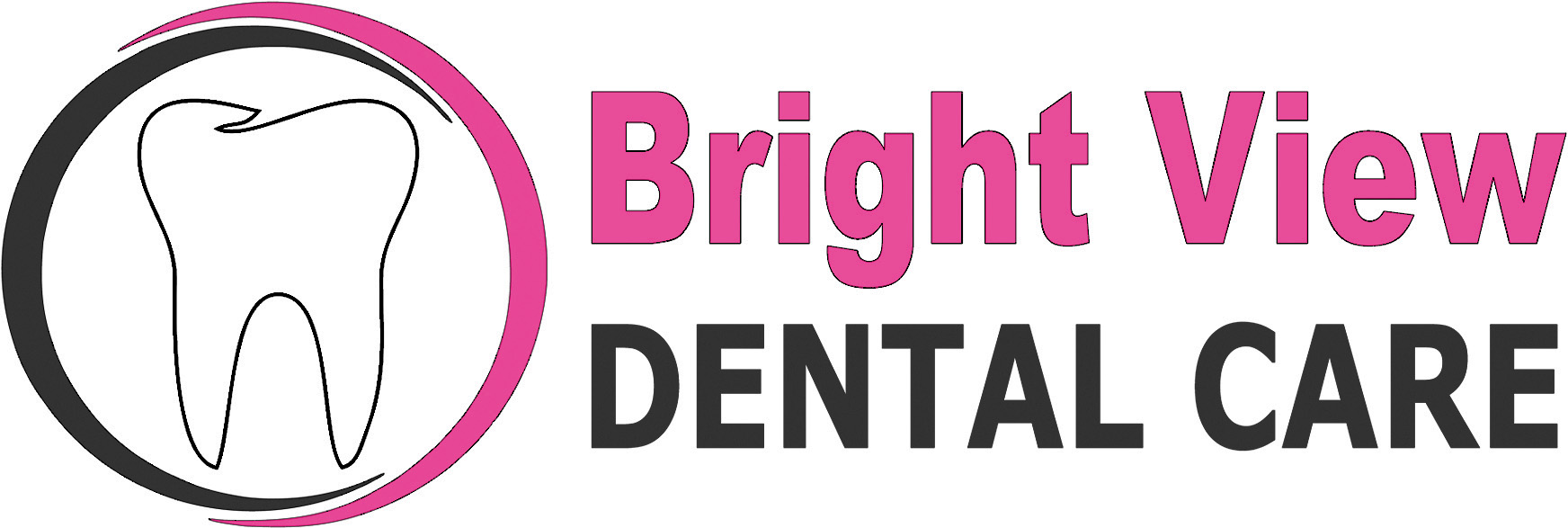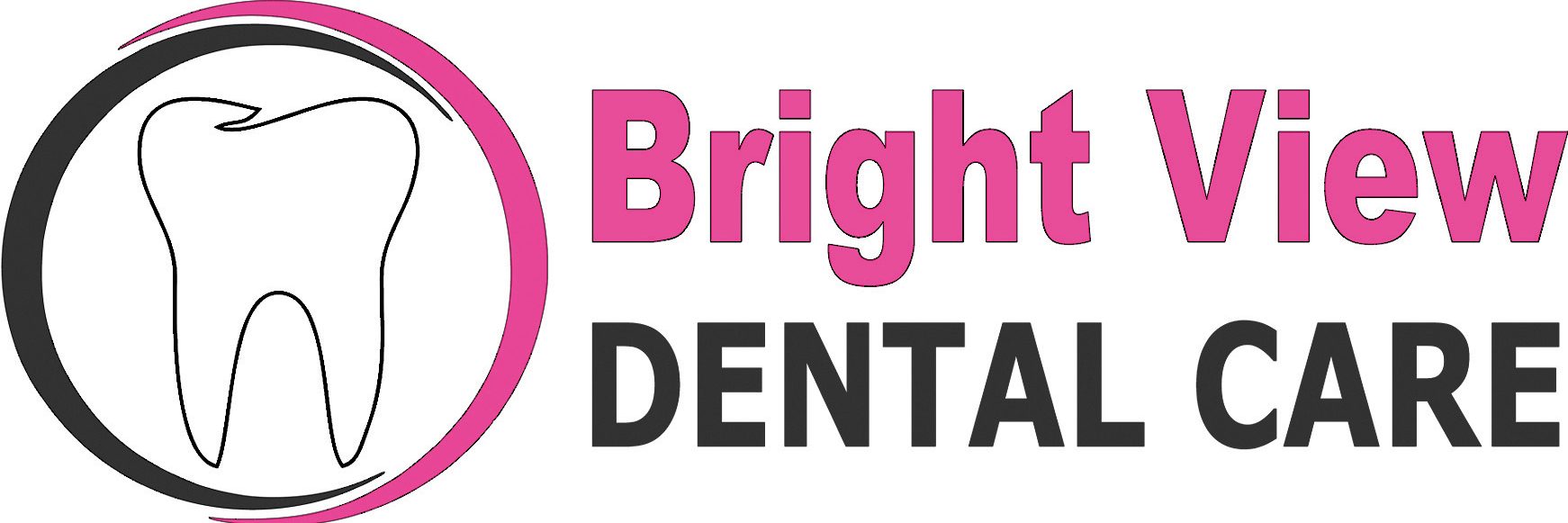5 Tips to Prevent Dental Emergencies
Maintaining proper oral hygiene, scheduling routine dental examinations, and exercising caution when engaging in physical activity all help prevent dental emergencies.
Though we cannot predict when one will occur, paying more attention to our daily choices and habits can help us reduce potentially harmful effects. Here are some ways to protect your oral health, as well as that of your family members.
1. Maintain good oral hygiene.
Don’t wait for an issue to arise to start caring for your dental health. Small, consistent habits can help strengthen your teeth and gums and protect them from common problems.
- Brush twice daily. Spend at least two minutes to ensure all areas are covered. Use a soft-bristled brush and consider switching to a fluoride toothpaste to provide additional protection to your teeth.
- Floss daily. Flossing removes plaque and food particles from between the teeth and along the gumline. It starves harmful bacteria, hence reducing the risks of cavities and gum disease.
- Use mouthwash. Antimicrobial mouthwash can help reduce bacteria and freshen breath. It’s not a substitute for brushing and flossing, but rather a helpful supplement to your daily oral hygiene routine.
- Replace your toothbrush. Replace your toothbrush every 3–4 months, or sooner if the bristles show signs of fraying. Find a product you’re comfortable using, be it a manual or electronic brush.
2. Visit your dentist regularly.
- Schedule routine check-ups. Regular dental visits allow your dentist to detect and treat potential issues before they become emergencies.
- Sign up for professional cleaning. Dental cleanings get rid of plaque and tartar buildup from your teeth, which daily brushing and flossing cannot remove.
- Address dental anxiety. Dental fear and anxiety are more common than you think. If it’s keeping you from seeing your dentist, let them know. Together, you can plan strategies so you can receive the care you need at a comfortable pace.
Often, only two dental visits are needed annually. Through routine examinations, your professional dental team can identify any irregularities beyond your oral health. This positions them as a crucial part of your overall wellness journey.
3. Protect your teeth during physical activities.
Our daily activities can also lead to dental emergencies. Investing in high-quality oral devices can shield the mouth and surrounding structures from serious damage during accidents. Steering clear of potentially harmful habits also prevents the need for urgent medical attention.
- Wear mouthguards. If you or your children participate in contact sports or activities with a risk of falls or collisions, wearing a mouthguard can protect against broken or knocked-out teeth. Go to your dentist for a custom sports mouthguard, which fits more securely and feels better when worn than off-the-shelf mouthguards.
- Avoid chewing on hard objects. Don’t chew on ice, popcorn kernels, or hard candies, as these can cause the teeth to crack or chip. Also, don’t use your teeth as a tool for opening packages or cutting objects.
4. Be mindful of your diet.
- Limit sugary foods and drinks. Sugar feeds bacteria that produce acids, leading to tooth decay. Opt for healthier snacks like fruits, vegetables, and dairy products.
- Stay hydrated. Drinking water helps rinse away food particles and bacteria and encourages salivary production necessary to protect your teeth from acid attacks.
- Be cautious when eating anything hard or sticky. Break down hard or crunchy food into smaller chunks and chew them properly to avoid damaging your teeth. Sticky foods can cling to dental restorations, so consume them in moderation and floss to remove residues.
5. Take precautions with dental work.
How well you care for dental work affects its longevity. Poor oral hygiene can compromise the integrity of dental work, despite the use of quality materials, which can lead to dental emergencies.
- Care for dental restorations. If you have fillings, crowns, or bridges, follow your dentist’s advice for maintaining them.
- Address dental issues promptly. Don’t ignore minor dental problems. Treating issues like cavities or loose fillings early can prevent them from escalating into emergencies.
What to Do in a Dental Emergency
Dental emergencies can still occur despite your best efforts. Knowing how to respond can minimize damage and expedite treatment. Here are some common emergencies and how to respond to them while you’re waiting to see the dentist.
- Toothache. Rinse your mouth with warm water, floss gently, and take over-the-counter pain relief.
- Broken or chipped tooth. Rinse your mouth with warm water, save any pieces of the tooth, and apply gauze to stop bleeding.
- Knocked-out tooth. Handle the tooth by the crown, rinse it gently, and try to reinsert it into the socket. If not possible, store it in milk and see your dentist within an hour.
- Soft tissue injury. Rinse your mouth with salt water, apply pressure with gauze to stop bleeding, and seek emergency dental care if necessary.
Trusted Emergency Dental Care Services Provider
Preventing dental emergencies requires diligence, regular dental care, and protective measures.
Encourage a proactive approach to oral health and make dental care a priority. With these steps, you can enjoy a healthy, pain-free smile and avoid the stress and discomfort associated with dental emergencies.
For more expert advice and personalized dental care, contact our team at Bright View Dental Care. Stay informed, stay protected, and keep smiling.





